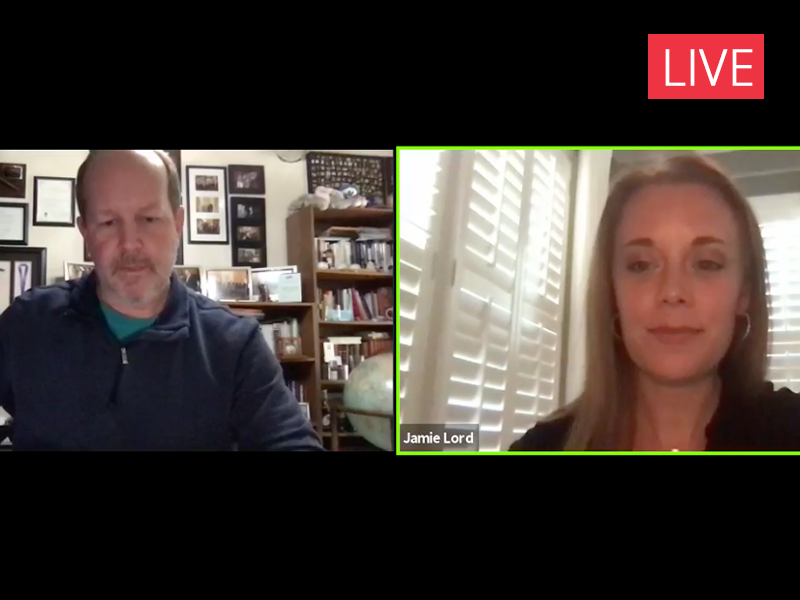
Highlighting Legislation Passed in the 2020 Georgia Legislative Session
Highlighting Legislation Passed in the 2020 Georgia Legislative Session
By Buzz Brockway
Ordinarily, the Georgia Legislature would have wrapped up its 40-day legislative session by the end of March. But 2020 is no ordinary year. As the pandemic spread, the Legislature suspended its session in mid-March with no return date announced. Eventually, lawmakers reconvened with 11 legislative days left to address a plethora of issues.
Looming large was the fiscal year 2021 budget, and as you can imagine, the budget outlook was much different in June than in March. State revenues plunged due to the shutdown and budget writers scrambled to decide the best path forward. After tapping into the state’s rainy-day fund, lawmakers passed a budget with 10 percent cuts, approximately $2.2 billion smaller than originally proposed. No state department was spared, but some departments—like education—received smaller cuts than other departments.
Apart from the budget, perhaps the issue that garnered the most attention was a hate crimes bill, HB 426. The murder of Ahmuad Arbery in Brunswick, GA, as well as the deaths of George Floyd and Breonna Taylor at the hands of police, created a political situation where ignoring this issue was impossible. Georgia previously had a hate crimes law that was declared unconstitutional by the State Supreme Court. HB 426, now signed into law by Governor Kemp, provides sentence enhancements after a person has been convicted of certain crimes motivated by bias against defined groups of people.
Two pieces of legislation we at the Georgia Center of Opportunity actively supported passed both houses and await the Governor’s signature. SB 288 allows a person convicted of certain non-violent misdemeanors, who have kept a clean record for a specific length of time, to seek to have those records restricted. This will allow these folks to have a better chance of employment. Another bill meant to assist people obtaining a job is HB 914. This bill will provide a temporary occupational license to spouses of members of the armed forces who move to Georgia. Georgia has a large number of military installations, so many people will benefit from this bill.
Other legislation of interest includes HB 888, which seeks to prevent “surprise billing.” A “surprise bill” occurs when an out-of-network physician treats a patient. These bills can become quite large. It is hoped this legislation will prevent this situation from occurring again.
More progress was made in the fight against human trafficking as HB 823 and SB 435 passed. HB 823 would prevent a truckdriver convicted of human trafficking of ever holding a commercial driver’s license again in Georgia. SB 435, known as the “Debbie Vance Act,” would allow a person convicted of trafficking to have their conviction vacated if they can prove they were a victim of human trafficking.
Foster parents will be allowed to arrange for short-term babysitting under HB 912, which awaits the Governor’s signature.
Government transparency and accountability got a boost with the passage of HB 1037. This bill would require audits on production companies seeking to take advantage of Georgia’s film tax credit. An audit earlier in the year revealed oversite problems in this very large tax credit. Price transparency for non-emergency medical services is the subject of SB 303, which was sent to the Governor’s desk. Empowering patients with pricing information can help lower costs for shopping of these non-emergency services.
Despite the strange nature of the 2020 Legislative Session, many things were accomplished. The Georgia Center for Opportunity will continue to work hard to advance legislation to increase educational opportunity, knock down barriers to employment, and strengthen families. We look forward to continuing this effort in the next legislative session.
We are driven by a belief – supported by experience and research- that people from all walks of life are more likely to flourish if they have an access to quality eduction, fulfilling employment, and live within healthy families. See what policy issues we’re working on to break down barriers and create pathways for all Georgians to flourish.
Visit our Policy Solutions Initiative




